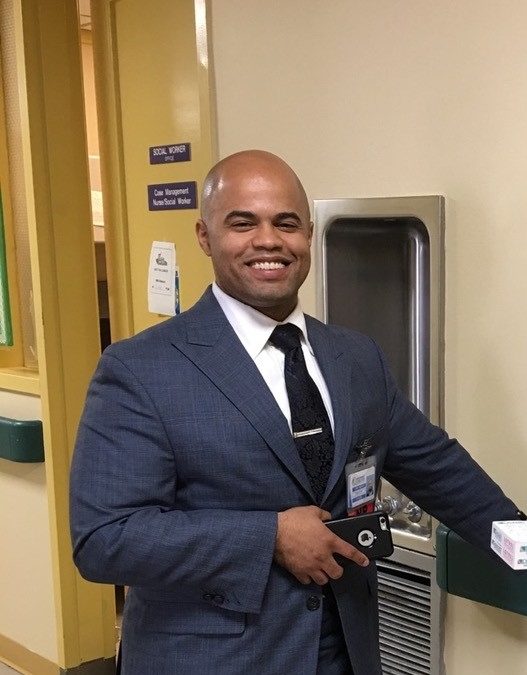With dozens and dozens of nursing specialties, some nurses take varied paths to end up in the specialty that is the best fit. Many try different health care situations or medical training before deciding that one area of nursing is the career where they will make the impact they want and will satisfy their professional goals.
Jose M. Maria, MS, FNP, RN, CEN, director of emergency services at Brookdale Hospital and Medical Center in Brooklyn, New York, says he came to emergency nursing after gaining training and experience as an EMT and paramedic. “Emergency medicine was the next logical choice in starting my nursing career,” he says. “I haven’t looked back since.”
Maria, a native of the Dominican Republic, says his specific EMS experience really gave him a solid foundation to know what he wanted and provided him with the essential capability for any emergency nurse. “It allowed me to develop the skills to adapt to any situation while keeping a cool head,” he says.
But emergency nurses also benefit from having more than a cool head and a great skill set, says Maria. The flexibility to move from one situation to another one that is entirely different is essential for a successful emergency nurse. And then there’s the part where you work your tail off. An emergency nurse who doesn’t complain about the task (or 20 tasks) at hand and does what’s needed will have a much easier time working in such a fast-paced environment.
And when it’s time to transition a patient to inpatient nurses, challenges remain. In fact, Maria says that transition point is one of the most challenging aspects of emergency nursing. “This is a common challenge at every organization I have been a part of,” he says.
Preparation and planning, as with any part of the emergency nurse’s job, can help. And finding out how other nurses work also helps inform your own practice. “I try to stay current in practice and use resources like ENA CONNECT and to speak with colleagues across the states,” says Maria. “Like many professions, preparation is key for success in the emergency department.”
But with those skills and responsibilities, emergency department nurses encounter a lot of critical and crisis situations to adapt to. For Maria, those situations reveal why he does what he does. “The most satisfying and most important part of my job is to save lives,” he says. “It’s a powerful and overwhelming feeling to have brought someone back from death and see them walking out of the hospital.”
Anyone considering emergency nursing as a career path can follow Maria’s advice to rotate through other specialties before deciding on the ED. Each area offers you a new set of experiences and training that will be useful in the emergency department.
“Because we see a wide range of complaints, we can actually help our patients,” he says. “Working in psychiatry for example, helps you build conflict resolutions skills, improve communication techniques, and builds patience needed in the acute psychiatric emergency. Working in the ICU, with their attention to detail, improves your documentation. Working on a medicine floor helps in time management skills. Working a surgical unit, improves your teaching techniques with patients.”
And while the emergency department is intense and fast, emergency nurses do find a way to offer each other the kind of support and camaraderie that is distinct. Their humor might even be considered dark, says Maria.
“People have a hard time understanding that even in the darkest of times, humor helps us deal with our internal anxiety about the cases we work,” he says.
- A Camp Nurse Volunteer Shares the Joy - April 30, 2024
- Is the FNP Program Right for You? - April 24, 2024
- WOC Nurses Week Highlights Specialty - April 16, 2024



